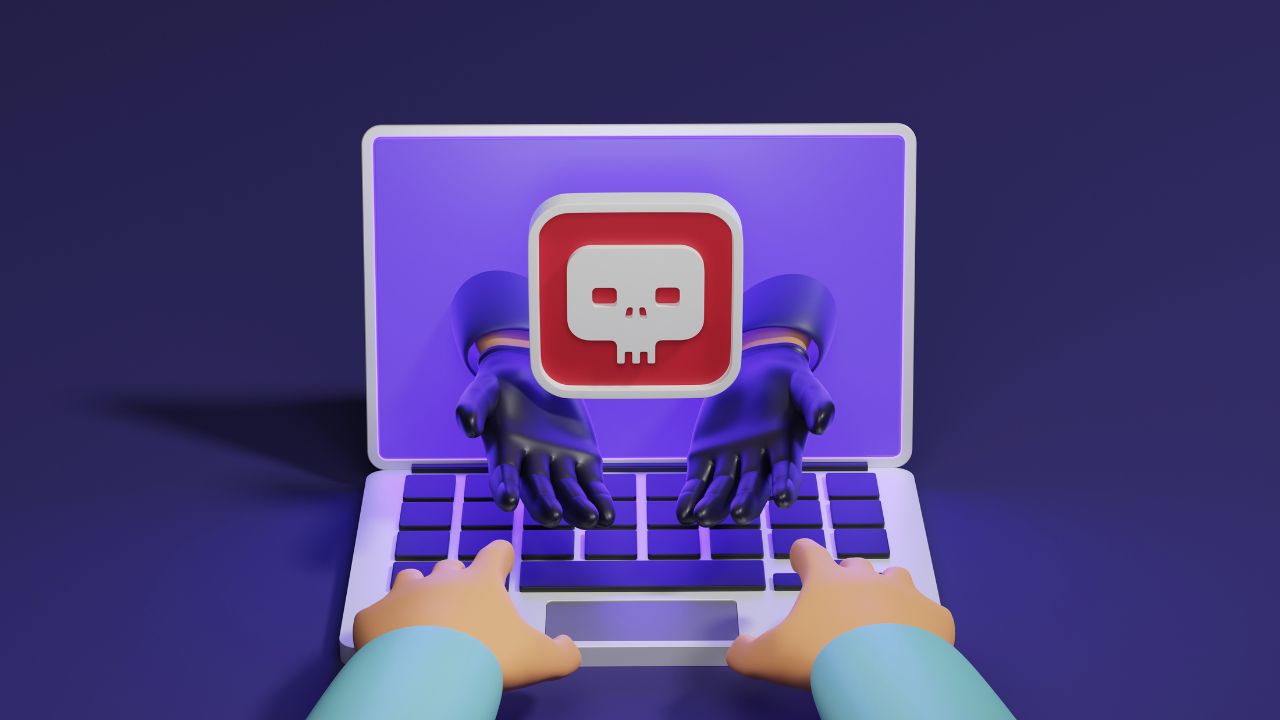
A Guide to Internet Safety and Responsible Online Behavior
Internet safety is crucial in today’s digital age. With the increasing reliance on the internet for communication, information, and entertainment, it’s essential to be aware of potential risks and take steps to protect yourself online.
Here are some important rules and things to avoid while online:
1. Use Strong and Unique Passwords:
Create complex passwords with a combination of uppercase and lowercase letters, numbers, and symbols.
Avoid using easily guessable information, such as your name, birthdate, or common words.
2. Enable Two-Factor Authentication (2FA):
Whenever possible, enable 2FA for your online accounts to add an extra layer of security.
Be Cautious with Personal Information:
Avoid sharing sensitive personal information online, such as your address, phone number, or financial details.
Be cautious about the information you share on social media platforms.
3. Be Skeptical of Unsolicited Requests:
Do not click on links or download attachments from unknown or suspicious sources.
Be cautious of unexpected emails or messages asking for personal information.
4. Keep Software and Antivirus Programs Updated:
Regularly update your operating system, browsers, and antivirus software to protect against security vulnerabilities.
5. Use Secure Wi-Fi Connections:
Connect to password-protected Wi-Fi networks to prevent unauthorized access.
Avoid using public Wi-Fi for sensitive transactions unless using a virtual private network (VPN).
6. Educate Yourself About Scams:
Be aware of common online scams, such as phishing emails, fake websites, and online fraud.
Verify the legitimacy of websites before providing any information.
7. Monitor Your Online Presence:
Regularly check your online accounts for suspicious activity.
Google yourself periodically to see what information is publicly available about you.
8. Teach Children Online Safety:
Educate children about the potential risks and responsible use of the internet.
Set guidelines for their online activities and monitor their online interactions.
9. Report Cyberbullying and Harassment:
If you encounter cyberbullying or harassment, report it to the appropriate platform or authorities.
Block and avoid engaging with individuals who exhibit harmful behavior.
10. Limit Location Sharing:
Be cautious about sharing your location online, especially in real-time.
Adjust privacy settings on social media and mobile apps to control location sharing.
11. Backup Your Data:
Regularly backup important files and data to prevent loss in case of a cyberattack or hardware failure.

Remember, staying safe online is an ongoing process, and being vigilant about your digital activities is essential to protect yourself and your information.
